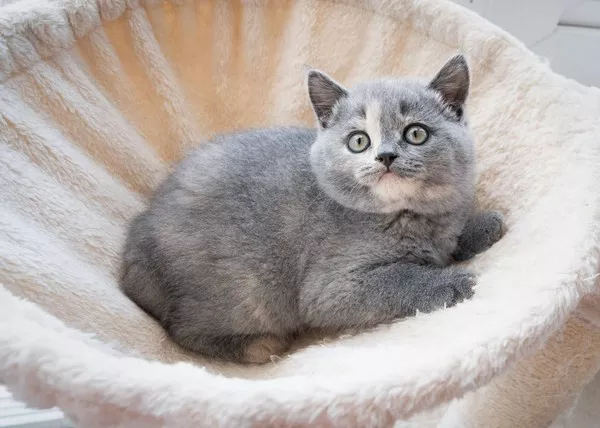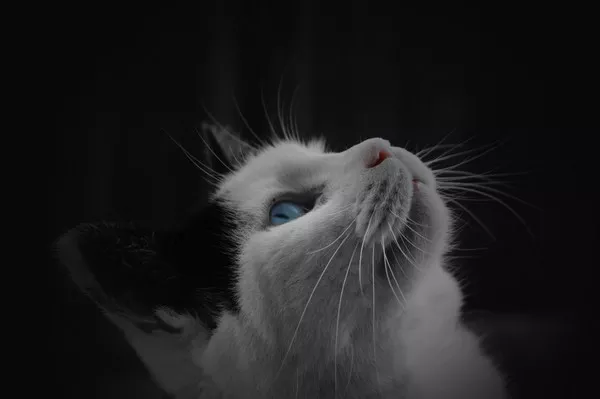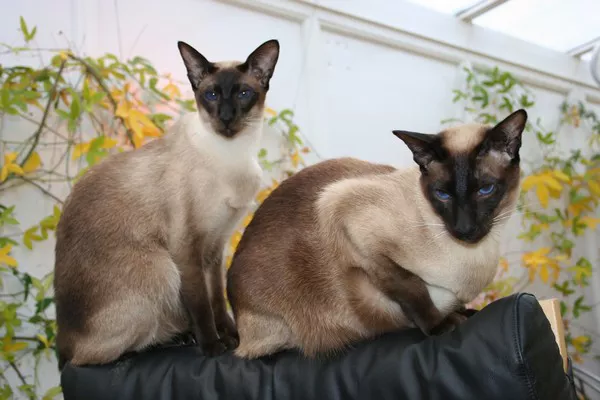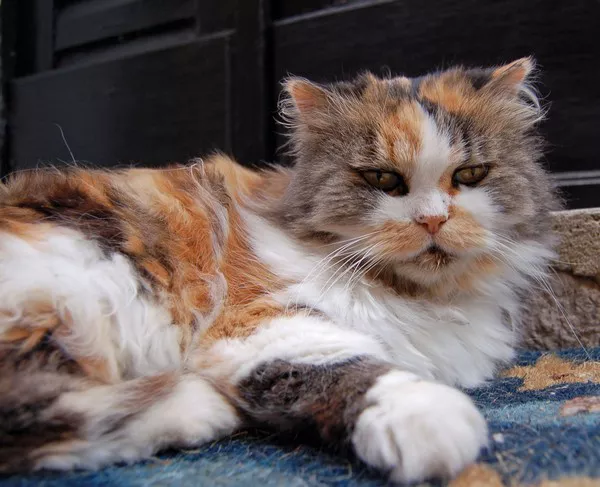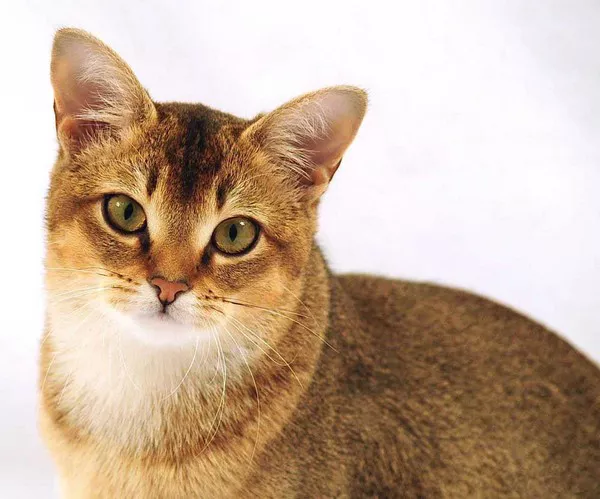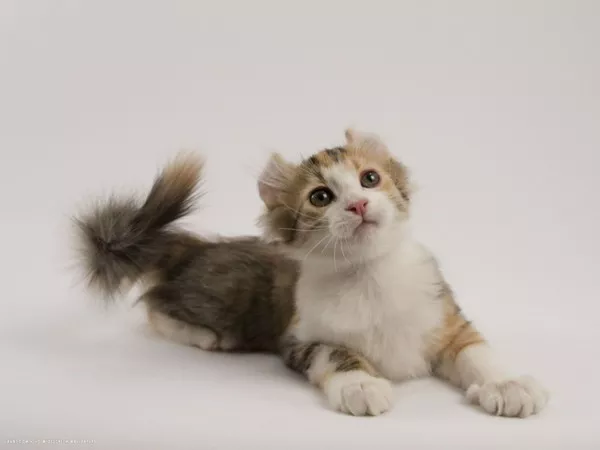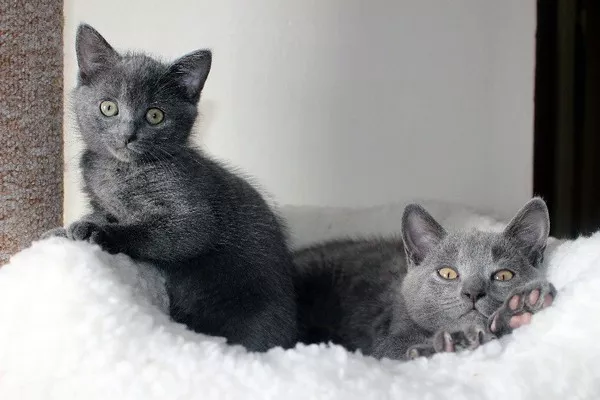British Shorthair cats, known for their round faces, plush coats, and calm demeanor, are a popular breed among cat enthusiasts. These cats are not only admired for their physical characteristics but also for their temperament. One common question prospective owners often ask is whether British Shorthair cats are prone to excessive meowing. This article delves into the vocalization patterns of British Shorthair cats, exploring their behavior, reasons for meowing, and how to manage it effectively.
British Shorthair Cats
History and Origin
British Shorthair cats have a rich history dating back to ancient Rome. They were initially brought to Britain by Roman invaders and evolved over centuries to become the robust, medium-to-large cats we know today. Their dense, plush coats helped them survive the harsh British climate, and their hunting skills made them valuable companions in homes and farms.
Physical Characteristics
British Shorthairs are known for their distinctive appearance, which includes:
Round Faces: With chubby cheeks and large, round eyes.
Dense Coats: Plush and dense fur that comes in various colors and patterns.
Muscular Build: Solid, sturdy bodies with a broad chest and strong limbs.
Temperament and Personality
British Shorthair cats are renowned for their calm and easygoing nature. They are affectionate but not overly demanding, making them ideal pets for various households. Their temperament is typically characterized by:
Gentle Demeanor: Generally placid and well-behaved.
Affectionate but Independent: Enjoy human company but are not overly clingy.
Good with Children and Pets: Adapt well to families and multi-pet households.
Vocalization in Cats
Understanding Cat Vocalization
Cats use vocalization as a form of communication with humans and other animals. The frequency and intensity of meowing can vary significantly between breeds and individual cats. Common reasons cats meow include:
Seeking Attention: Cats meow to get their owner’s attention.
Expressing Needs: Hunger, thirst, or the need to go outside can prompt meowing.
Discomfort or Pain: Cats may vocalize if they are unwell or in pain.
Greeting: Some cats meow to greet their owners when they come home.
Stress or Anxiety: Changes in the environment or routine can lead to increased vocalization.
Breed-Specific Vocalization
Different cat breeds have distinct vocalization patterns. For instance, Siamese cats are known for their loud and frequent meowing, while other breeds like the British Shorthair are generally quieter. Understanding the typical vocalization behavior of a breed can help prospective owners make informed decisions.
Do British Shorthair Cats Meow a Lot?
Typical Vocalization Behavior of British Shorthair Cats
British Shorthair cats are generally not known for being overly vocal. Compared to breeds like the Siamese, they are relatively quiet. Here are some key points about their vocalization:
Moderate Meowing: British Shorthairs meow, but not excessively. Their vocalization is usually moderate and not constant.
Soft Meows: When they do meow, it tends to be softer and less demanding than more vocal breeds.
Contextual Vocalization: Their meowing is often context-driven, meaning they vocalize for specific reasons such as feeding time or seeking attention.
Factors Influencing Vocalization
Several factors can influence how much a British Shorthair cat meows:
Individual Personality: Just like humans, individual cats have unique personalities. Some British Shorthairs may be more vocal than others.
Environment and Routine: Changes in environment or routine can temporarily increase vocalization as the cat adjusts.
Health Issues: Illness or discomfort can lead to increased meowing. It’s essential to monitor and address any potential health concerns.
Owner Interaction: Cats often adapt their behavior based on their owner’s responses. Consistently responding to meows with attention can reinforce the behavior.
Reasons for Meowing in British Shorthair Cats
1. Seeking Attention
British Shorthair cats enjoy the company of their owners and may meow to get attention. This is usually a gentle reminder that they want to be petted, played with, or simply acknowledged.
2. Expressing Needs
These cats may vocalize when they need something:
Hunger or Thirst: Meowing to signal it’s feeding time or their water bowl is empty.
Litter Box Issues: Vocalization might occur if their litter box is dirty or inaccessible.
3. Greeting
British Shorthairs may meow to greet their owners when they return home or enter a room. This is a form of social interaction and a way to express affection.
4. Discomfort or Health Issues
If a typically quiet British Shorthair suddenly becomes more vocal, it could indicate discomfort or health problems such as:
Pain or Injury: Meowing due to physical discomfort.
Illness: Increased vocalization can be a sign of an underlying medical issue.
5. Stress or Anxiety
Changes in their environment, such as moving to a new home, the introduction of new pets, or changes in routine, can cause stress. British Shorthairs might meow more during these times as a way to express their anxiety.
Managing and Reducing Excessive Meowing
If your British Shorthair is meowing more than usual, there are several strategies to manage and reduce excessive vocalization.
1. Ensure Their Needs Are Met
Regularly check that all their needs are met:
Food and Water: Ensure they have access to fresh food and water.
Clean Litter Box: Keep their litter box clean and easily accessible.
See Also: How Do Cornish Rex Behave?
2. Provide Attention and Interaction
British Shorthairs enjoy social interaction. Regular playtime and affection can help reduce attention-seeking meowing.
Play Sessions: Engage in interactive play sessions with toys that stimulate their hunting instincts.
Petting and Cuddling: Spend quality time petting and cuddling to reinforce your bond.
3. Maintain a Consistent Routine
Cats thrive on routine. Maintaining a consistent daily schedule for feeding, playtime, and bedtime can help reduce anxiety and excessive vocalization.
4. Address Health Concerns
If you notice a sudden increase in meowing, consult with a veterinarian to rule out any health issues. Regular veterinary check-ups can help detect and address any medical concerns early.
5. Environmental Enrichment
Providing a stimulating environment can help keep your British Shorthair engaged and reduce boredom-related meowing.
Toys and Puzzles: Offer a variety of toys and puzzle feeders to keep them mentally stimulated.
Climbing Structures: Install cat trees and shelves for climbing and exploration.
Training Tips to Manage Vocalization
Training can be an effective way to manage your British Shorthair’s vocalization. Here are some training tips:
1. Positive Reinforcement
Use positive reinforcement to encourage desired behaviors.
Reward Quiet Behavior: Reward your cat with treats, praise, or playtime when they are quiet. This reinforces the idea that being quiet results in positive outcomes.
Ignore Excessive Meowing: Avoid giving attention when your cat is excessively meowing. This helps them understand that meowing is not an effective way to get what they want.
2. Training Commands
Training your British Shorthair to respond to commands can help manage their vocalization.
Quiet Command: Train your cat to understand a “quiet” command. Use treats and positive reinforcement to reward them when they stop meowing on command.
Distraction Techniques: Use toys or treats to distract your cat when they start meowing excessively.
3. Consistent Responses
Be consistent in your responses to meowing. If you sometimes respond to meowing and sometimes ignore it, this can confuse your cat and make training more difficult.
Conclusion
British Shorthair cats are known for their calm and gentle nature, and they generally do not meow excessively. Their vocalization is typically moderate and context-driven, often used to communicate specific needs or to interact with their owners. Understanding the reasons behind their meowing and addressing any underlying issues can help manage and reduce excessive vocalization.
By providing a stimulating environment, ensuring their needs are met, and using positive reinforcement training techniques, you can effectively manage your British Shorthair’s vocalization. With the right care and attention, these affectionate and loyal cats make wonderful companions who enrich the lives of their owners with their unique personalities and endearing behaviors.

